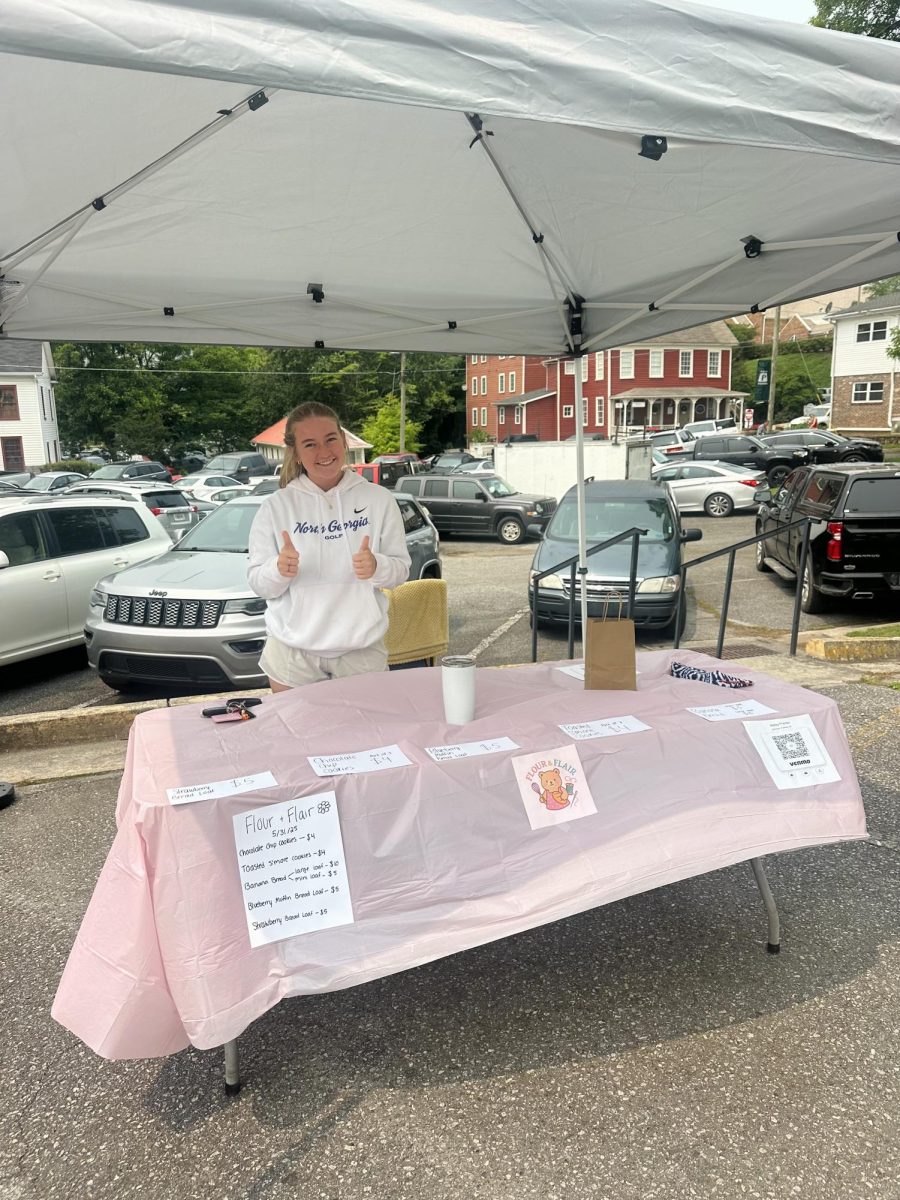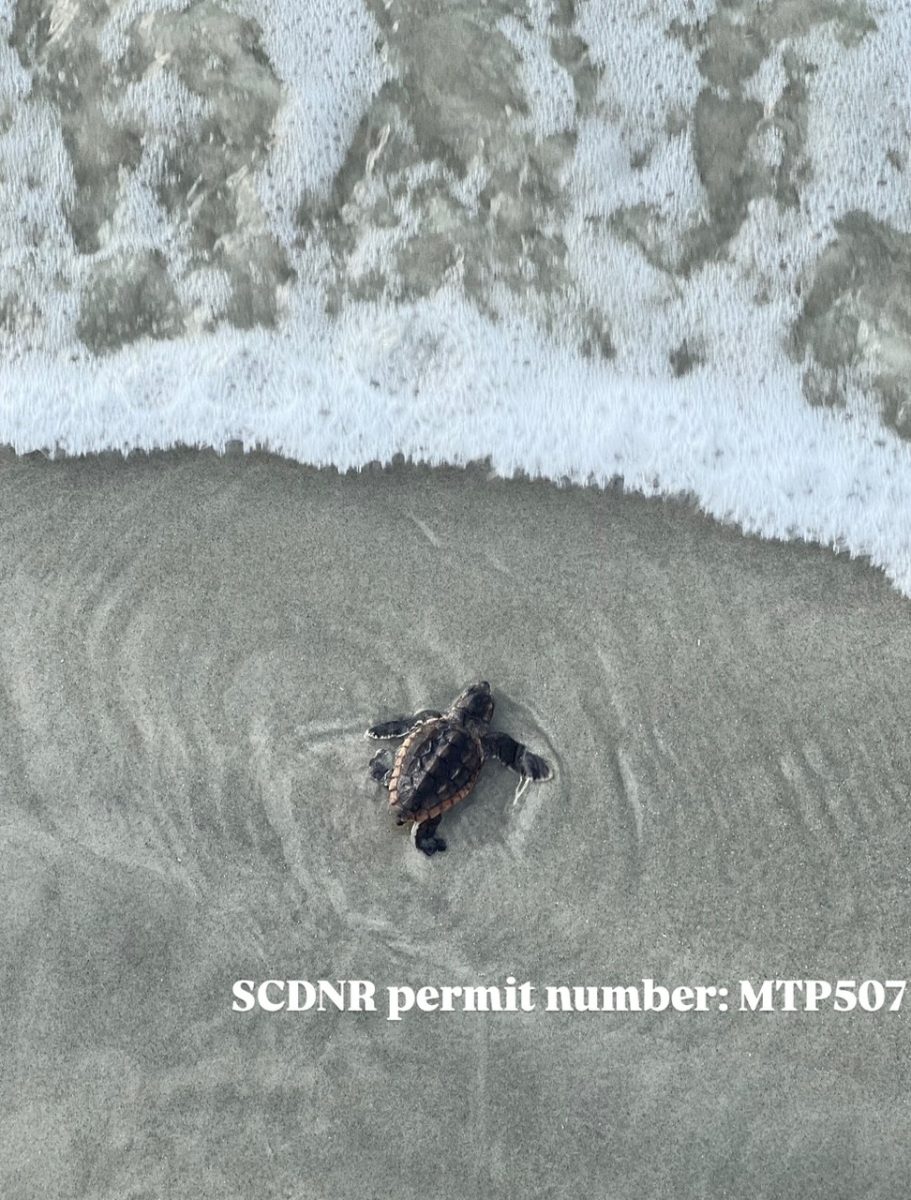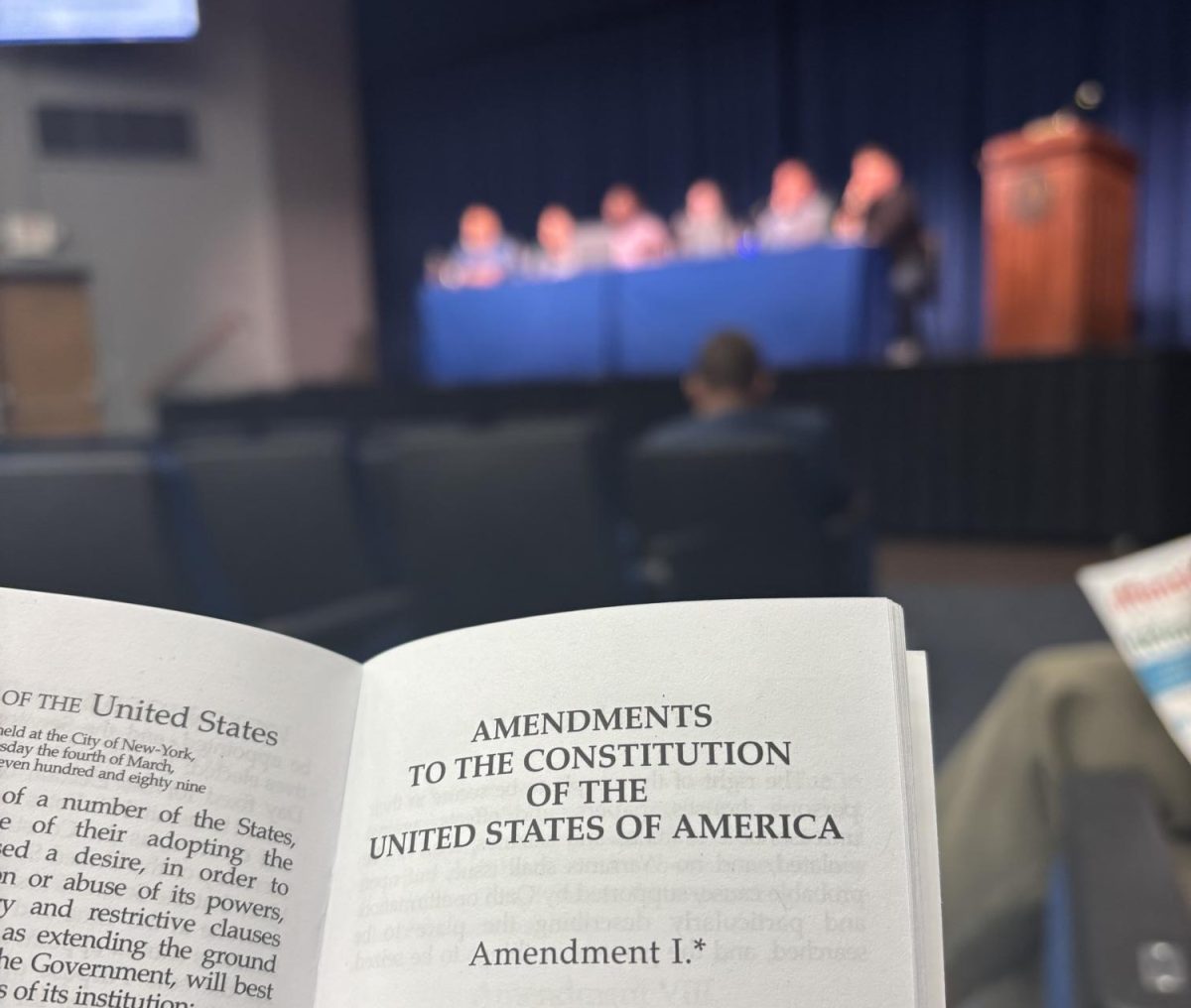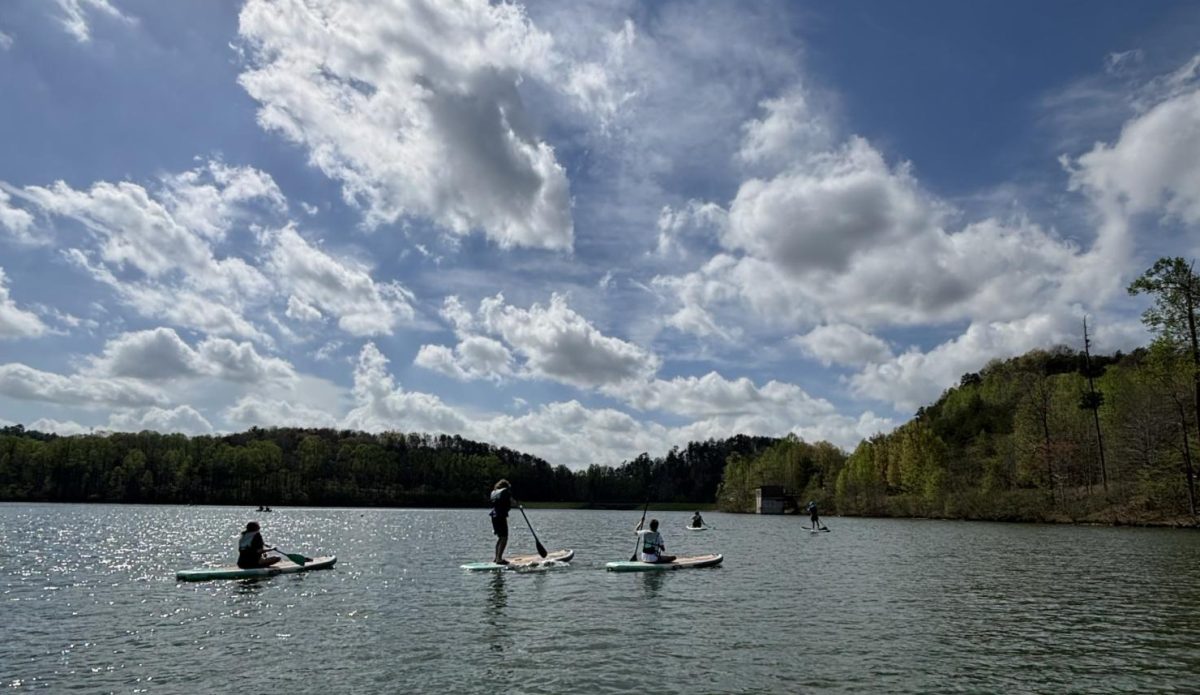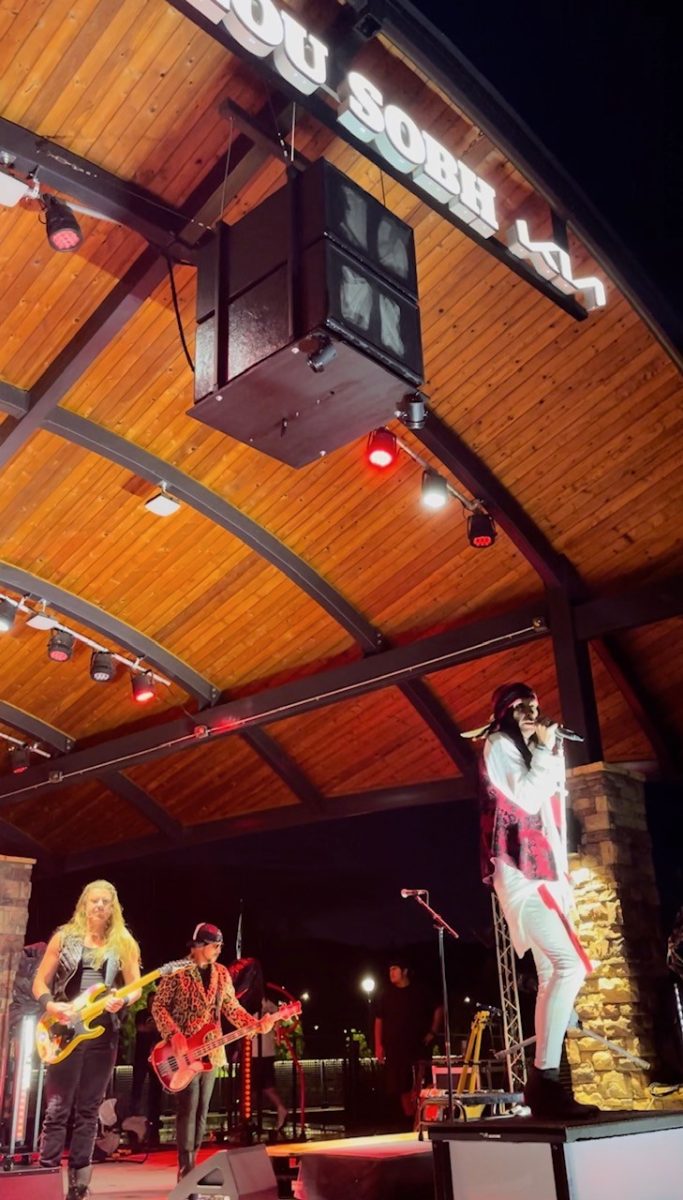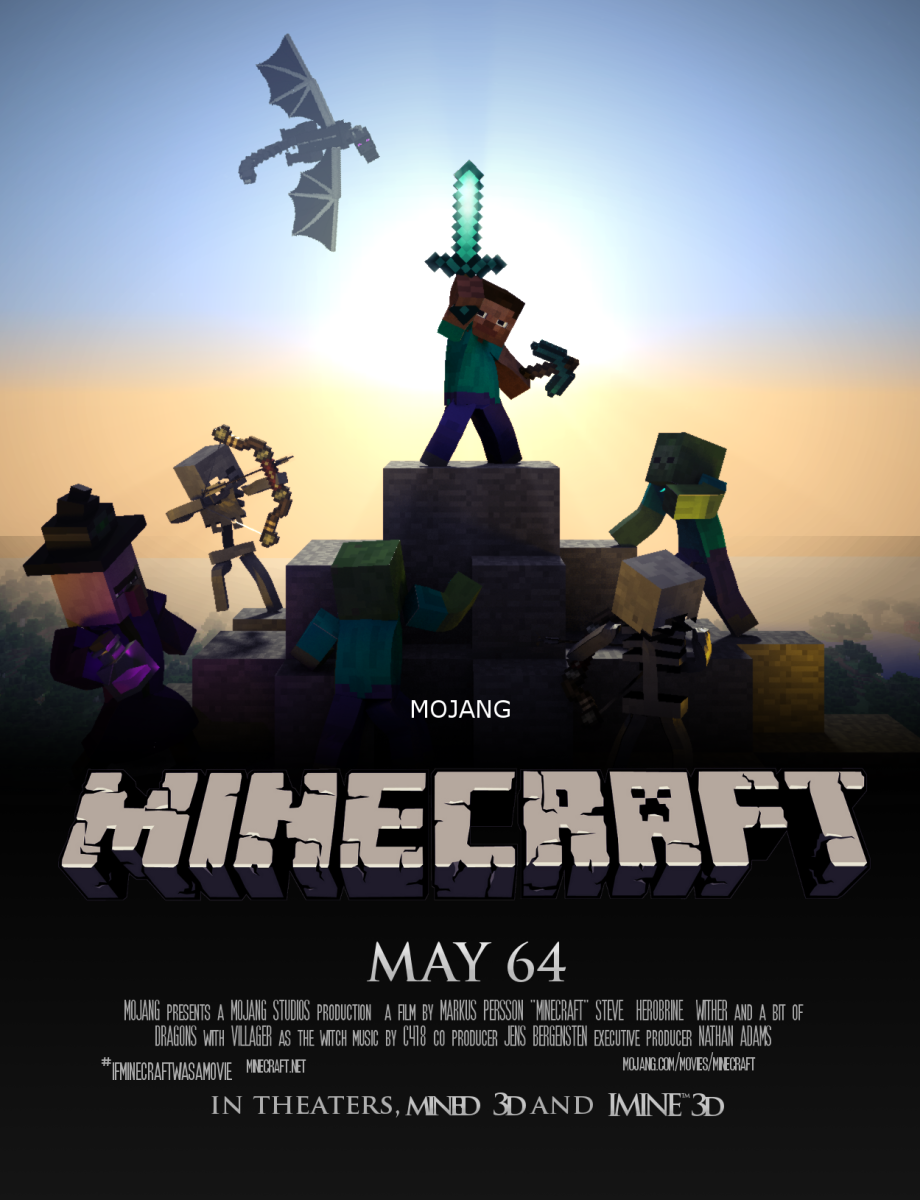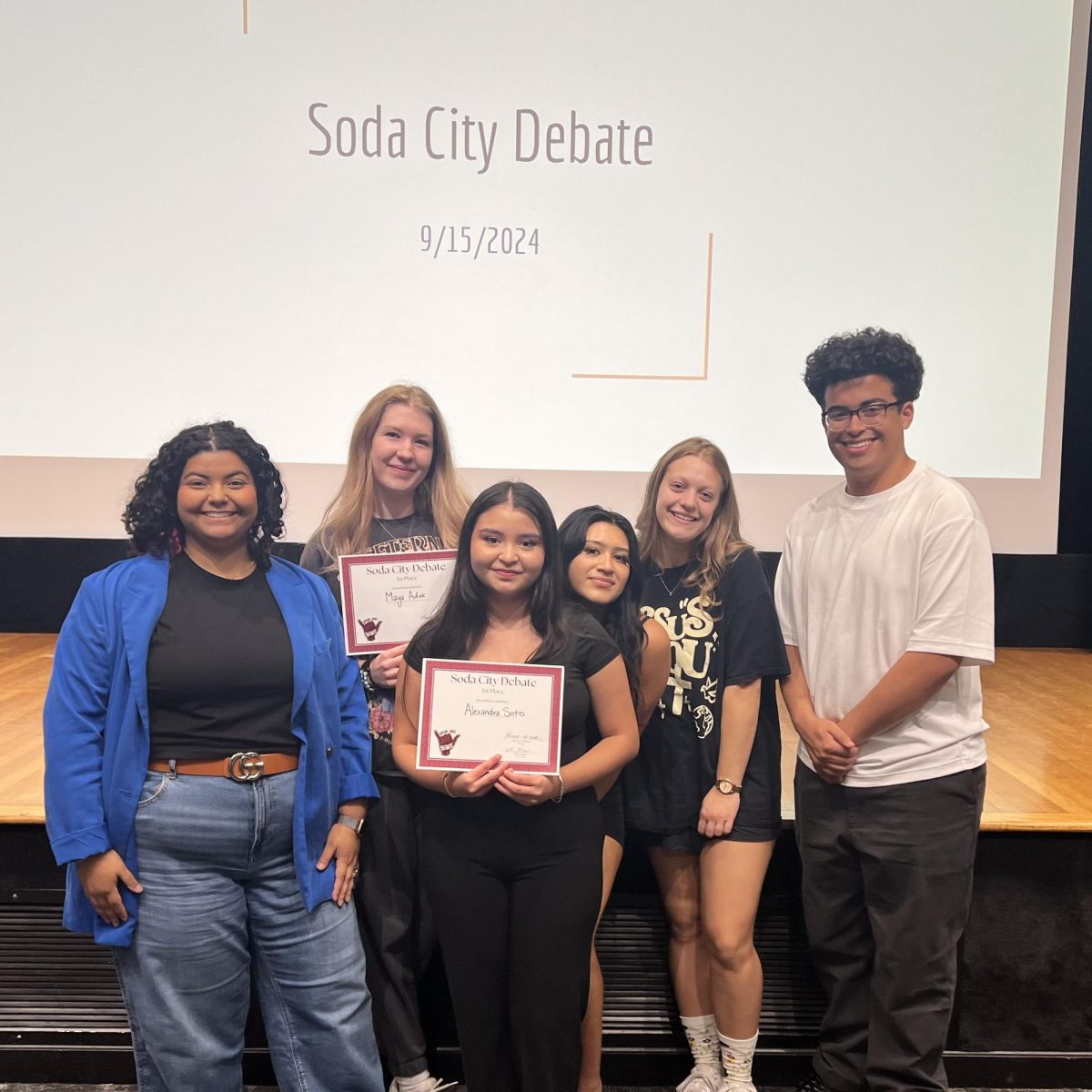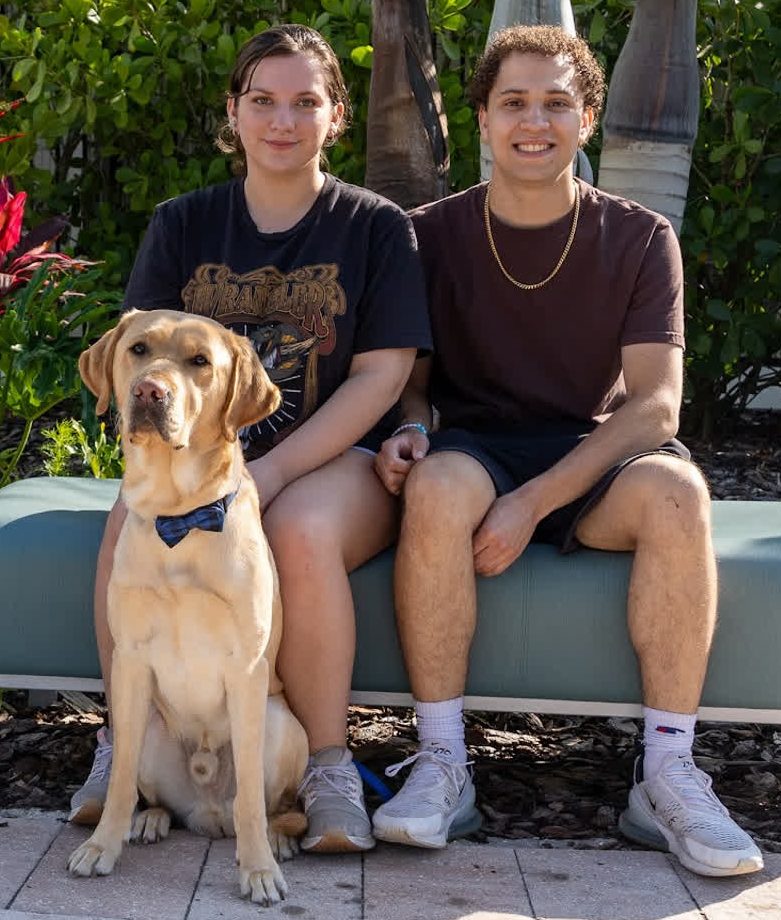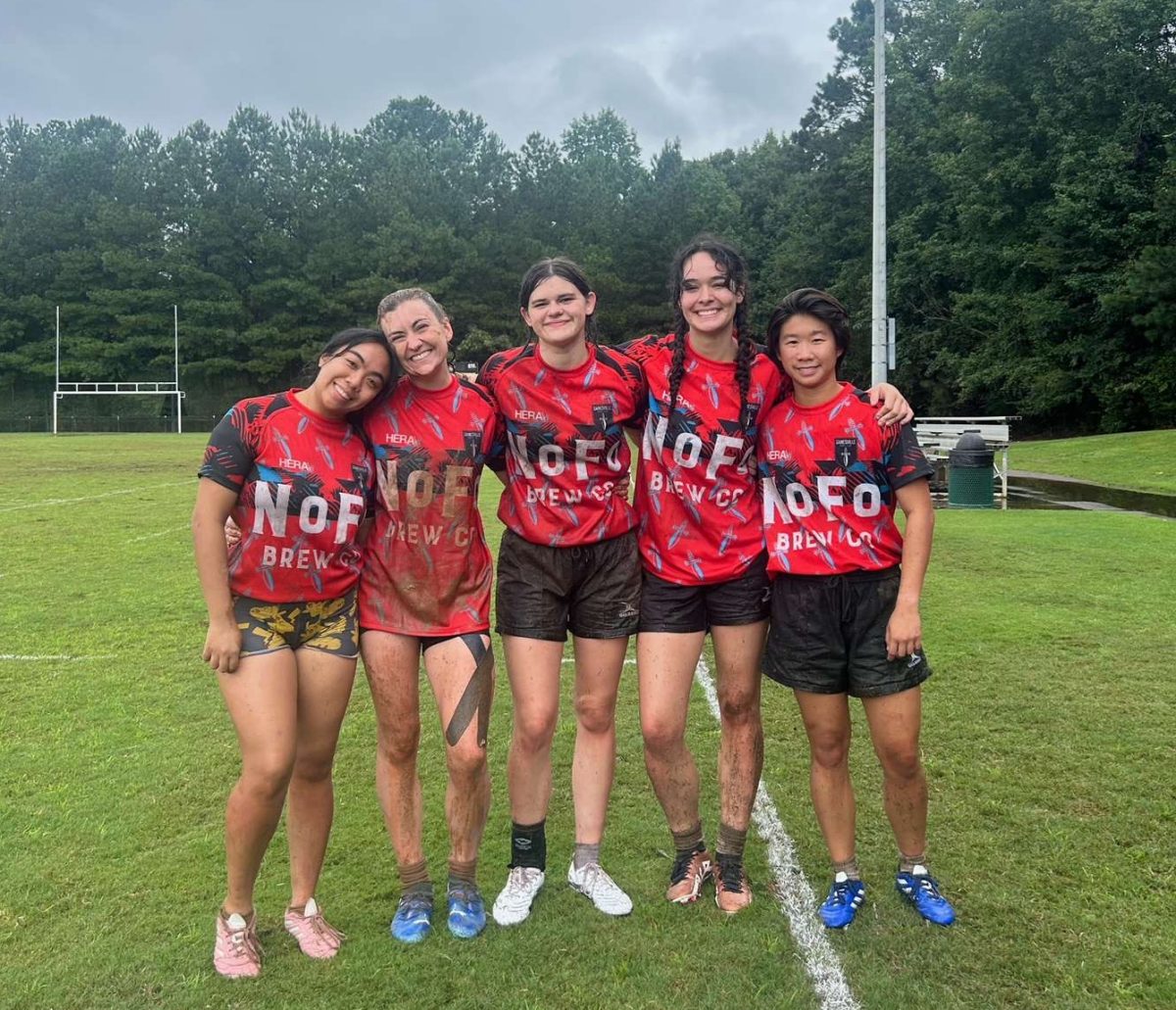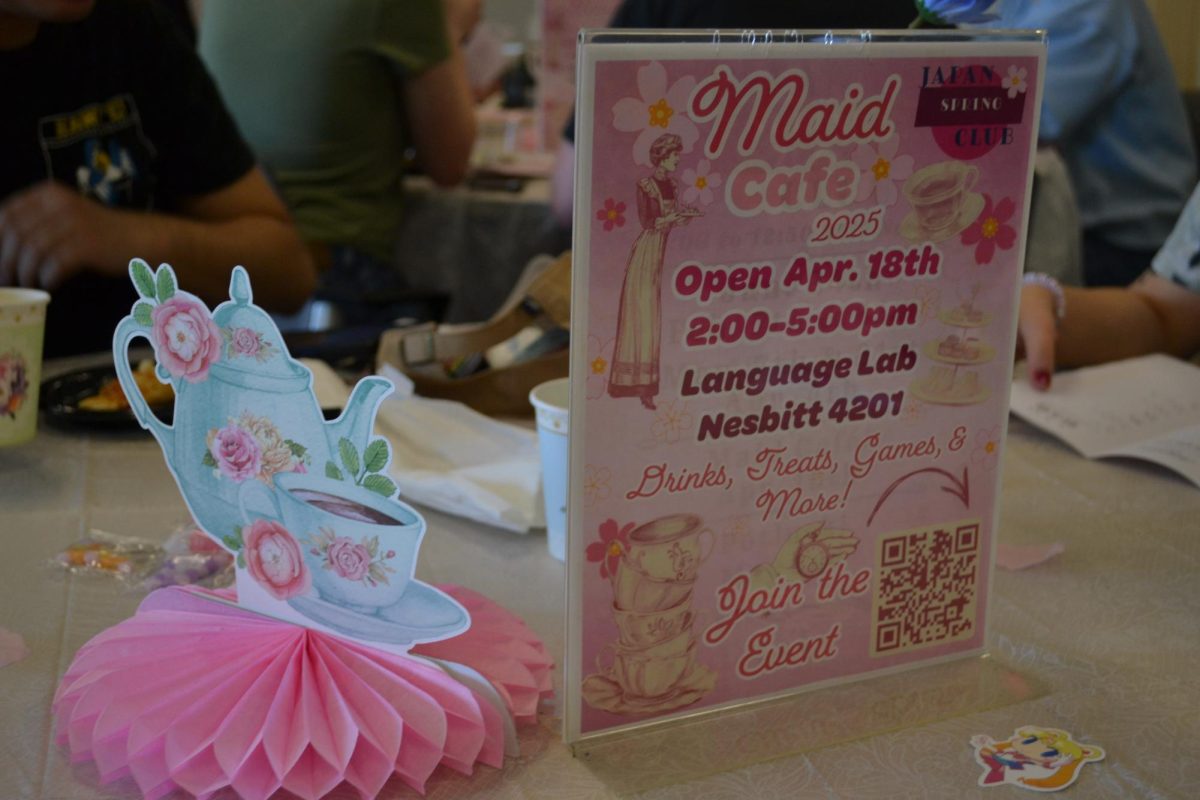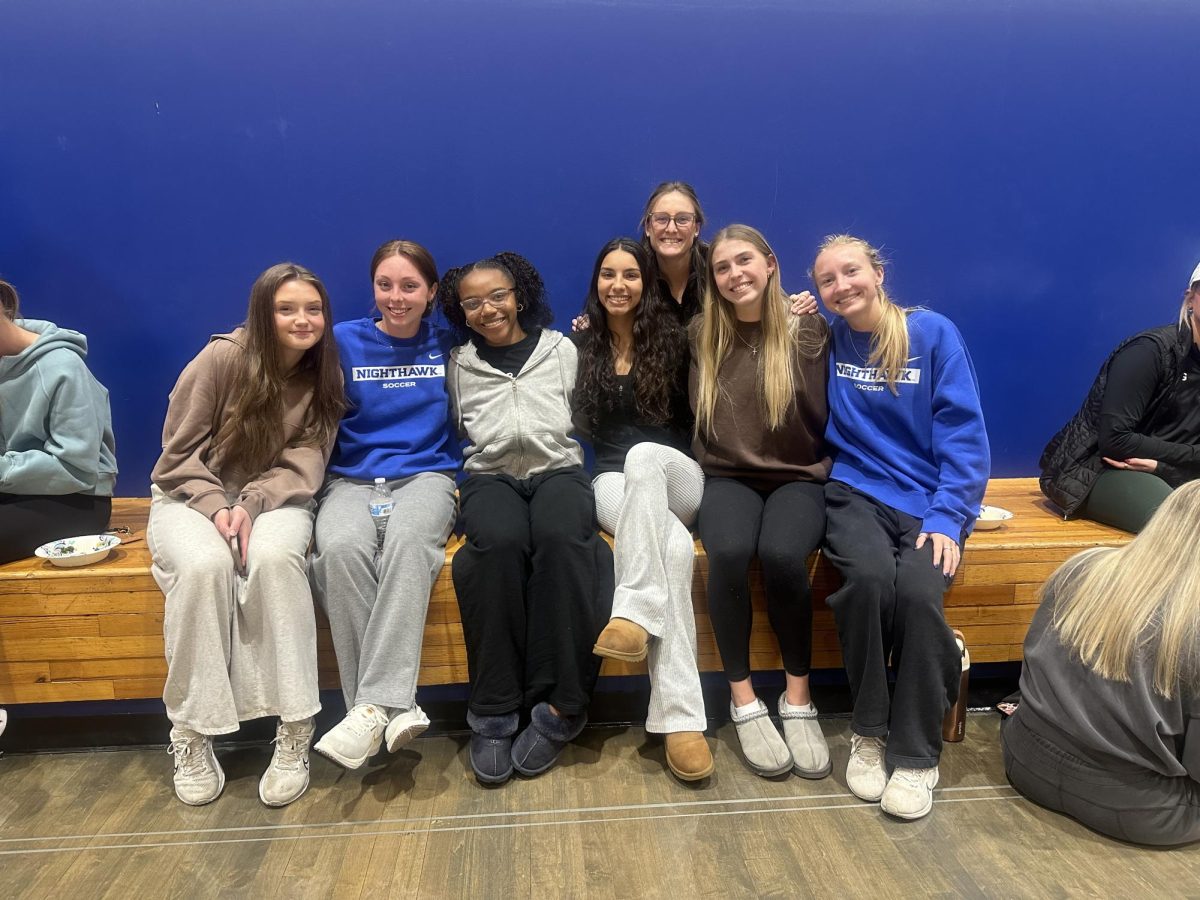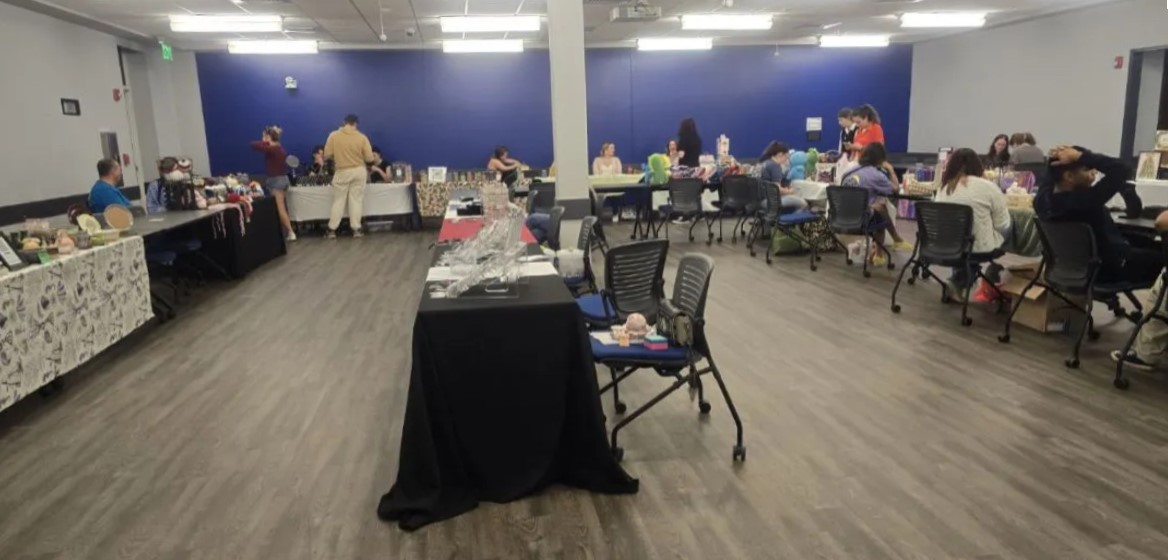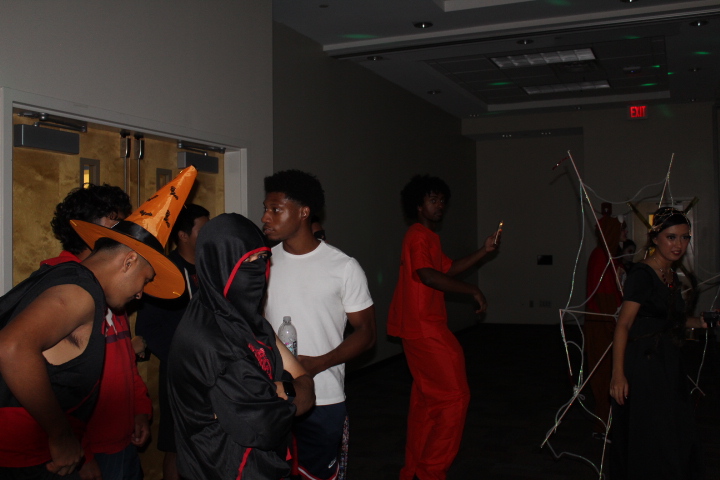In an age of nonstop information and self-media, social platforms encourage people to share ideas and create content. But openness comes with risks as online harassment and misinformation become more common. At the University of North Georgia, the Debate, Forensics and Interpretation Team helps students develop critical thinking and communication skills to meet these challenges.
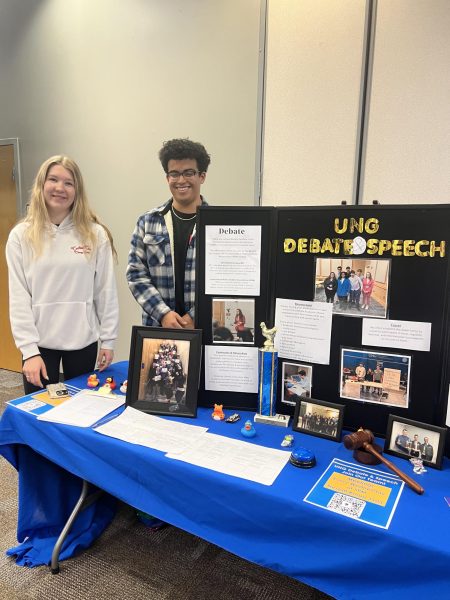
“People think debating is like arguing. Those are two different things,” said Stephanie Albul, a senior chemistry major with a concentration in biology and debate team vice president for the Dahlonega and Gainesville campuses. “We nonpartisan and it critical thinking. You do know what you’re debating, you do know what side you’re on, and you do know what the other team is going to come at you with. It’s really interesting the kind of conversations you will get into, and sometimes they are philosophical.”
Alexandra Soto, a junior accounting major and the team’s treasurer, said newcomers receive full guidance. “We teach newcomers the different debate formats, what specific times and what the structure of the round looks like,” she said. “We also teach newcomers how to construct an argument because while everyone can argue, not everyone knows how to construct an argument. Our weekly practices are ultimately the best teacher because they help you in real time, how others do, and how you can learn from others.”
Professor Stephania Ortez, director of forensics and debate team advisor since fall 2023, said the activity demands quick thinking. “Critical thinking number one,” Ortez said. “A lot of our debate formats require students to develop arguments in favor or against in a matter of minutes. The most students get is 30 minutes, sometimes the least is 15 minutes, and sometimes they get no access to the internet. They have to think about prior knowledge. What do they know, and they need to expand on that.”
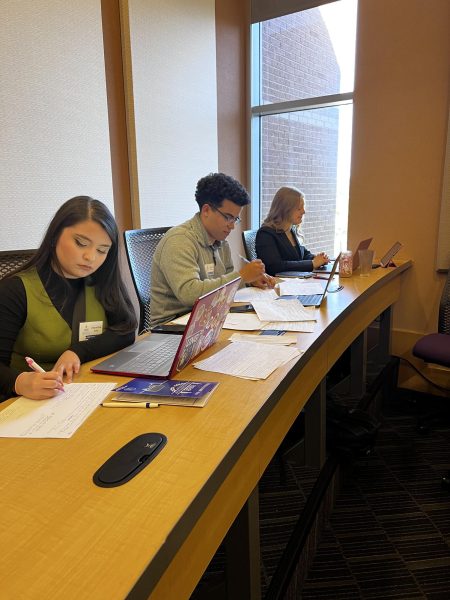
Ortez added that communication and confidence are just as important. “My biggest thing for all of my debaters is making any and all arguments clear,” she said. “I considered myself an introvert before joining debate and still do, but when you are challenged and you understand everyone else is also being challenged, you can come out of your shell of self-doubt. Even if you are not one hundred percent sure, you have to try to defend yourself and your teammate. I have seen some students who come in shy, and then a semester after they are just a completely different person — more confident.”
Soto said the team also improved her research abilities. “Debate team really encourages you to research about a wide topic,” she said. “We research politics, world affairs, pop culture, and the trends going on in the country. My research skills have improved in every class because of the debate team.”
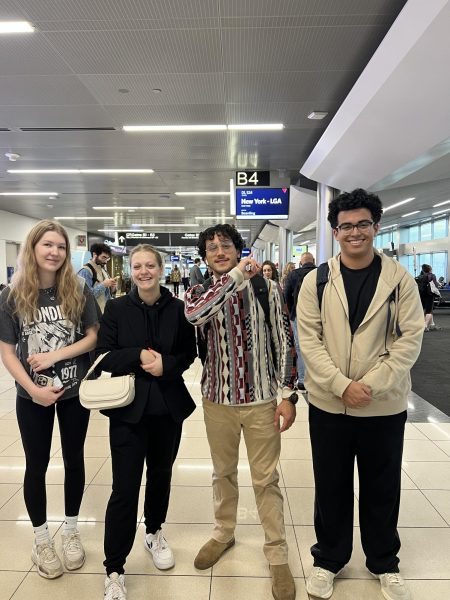
Ortez said students also gain experiences outside of campus. “We do tend to travel a bit, like twice or three times a year,” she said. “We went to the University of South Carolina, the University of Vermont, and we had a team of four students go to Washington, D.C., where they toured the White House. Some students told me it was the first time they left the state, the first time they were on a plane, the first time they traveled alone with no parents. It is a really fun outcome of being on the team.”








